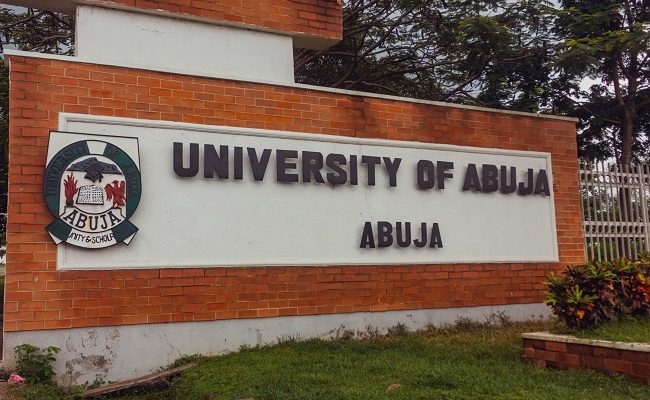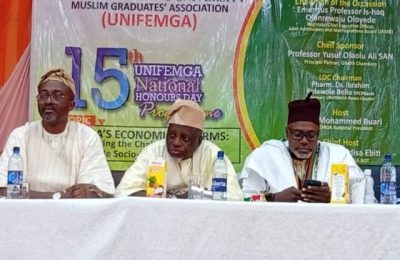
A study has shed light on how Nigerian newspapers have framed security issues over a five-year period.
The study, carried out by Audrey Vershima Soho, a doctoral student in Media Arts at the University of Abuja, was published in the current issue of The Abuja Communicator.

The research, titled ‘Framing of Security Issues in Nigerian Newspapers: Trends, Implications, and Solutions (2011-2015),’ offers a comprehensive analysis of how media coverage shapes public perception and influences policy direction on security matters.
Soho’s study stands out for its meticulous methodology. By examining 913 security articles from 540 editions of three major newspapers – Daily Trust, Thisday, and The Guardian – the research provides a broad and representative overview of media coverage across different regions and years.
The use of the framing theory of media effects as a theoretical framework ensures a deep understanding of how media constructs reality and influences audience perception.
The findings of the study are revealing. Despite the increasing frequency of security-related articles, Soho discovered that these stories were largely relegated to the inside pages of newspapers, with minimal space allotted to them.
This placement undermines the prominence of security issues and limits the depth of coverage, preventing a thorough discussion of potential solutions.
Interestingly, the research highlights a significant increase in security article coverage in 2015, indicating a growing media focus on these issues over time.
However, the study criticises the superficial treatment of these articles, as many were brief and lacked the comprehensive analysis needed to inform and educate the public fully.
Soho’s study makes a compelling case for change in how Nigerian newspapers cover security issues. The research recommends that media outlets give more prominence to security articles by placing them on front pages and providing more space for in-depth analysis. This shift could significantly enhance public awareness and influence policy decisions on security.
Moreover, the study urges stakeholders in the security sector to pay closer attention to media coverage. By taking newspaper reportage seriously, they can develop more effective strategies to address the nation’s security challenges.
This research fills a crucial gap in the literature on media and security studies, particularly in the context of developing nations like Nigeria. It provides empirical evidence on the evolving trends in media coverage of security issues and offers practical recommendations for improving media practices.
Soho’s study is a call to action as it highlighted the shortcomings in current media coverage, while urging journalists, editors, and policymakers to rethink how security issues are reported and discussed.
This is with the ultimate goal of fostering a more informed public and a more responsive policy framework to address Nigeria’s multifaceted security challenges.
Audrey Vershima Soho’s research is a significant contribution to understanding the media’s role in shaping public perception of security issues in Nigeria.
It underscores the need for more prominent and in-depth coverage of these critical matters, and offers a roadmap for media outlets and security stakeholders to improve their practices and better serve the public interest.
As Nigeria continues to grapple with security challenges, this study provides valuable insights that could help shape a more secure future for the nation.
Read Also: Protest: PTD-NUPENG raises alarm over infiltration








